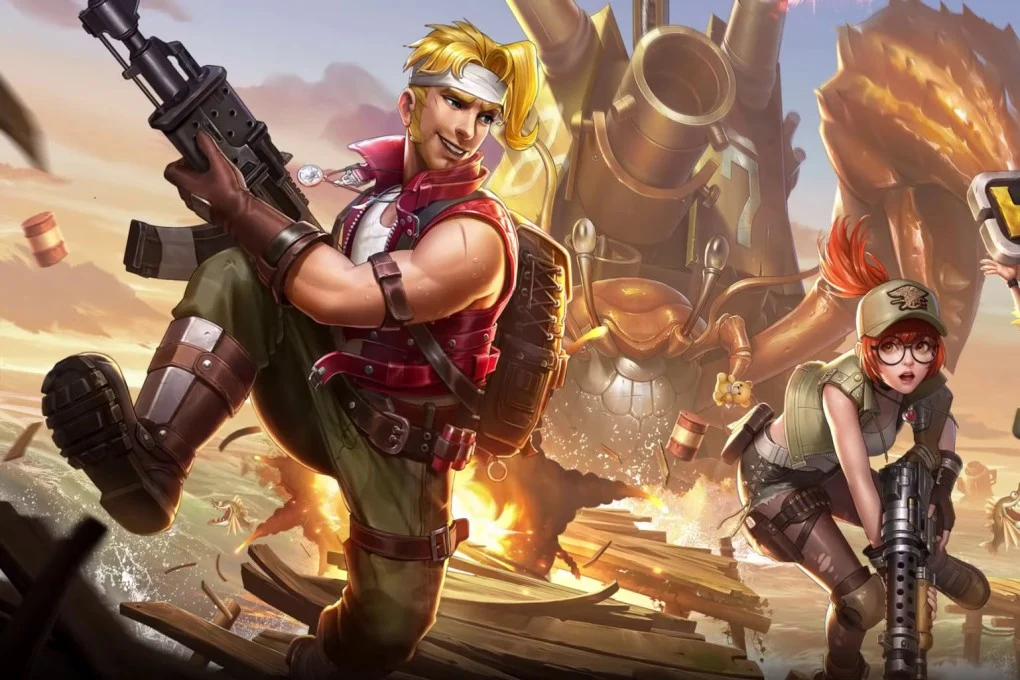Game balance is a crucial aspect of video game design, directly influencing player experiences and the overall longevity of a game. One of the areas where developers’ efforts to achieve balance become particularly visible is in games with trading mechanics, where trading opportunities and strategies are influenced by various design choices. Game developers carefully shape these opportunities, ensuring that no particular strategy or play style dominates to the point of breaking the game’s competitive integrity or undermining the economy’s stability. The balance of trading systems has wide-reaching implications, not just for how players interact with the game, but also for how they engage with one another. At the core of this balancing act is the idea of risk versus reward, a principle applied to both the in-game economy and individual player strategies. Developers often implement caps or restrictions on certain trades or trading resources to prevent economic monopolies from forming. In massively multiplayer online games MMOs, for instance, players might be limited in how much of a specific resource they can accumulate or trade at a given time.

This ensures that no player can dominate the market, thus promoting a more dynamic and competitive trading environment. By setting these boundaries, developers maintain the economy’s health and encourage diverse trading strategies, rather than allowing a single dominant strategy to flourish. Another key factor in game balance with regard to trading is the rarity and availability of items or resources. Developers carefully manage these variables to ensure that rare items retain their value, while still being obtainable for players who are willing to invest the time or skill. They might introduce randomized elements, such as loot drops, or events that temporarily change the availability of certain items. This unpredictability forces players to adapt their strategies over time, engaging with the economy in creative ways rather than relying on fixed pathways to success. In turn, this keeps the trading scene fresh and exciting, as no one method remains consistently superior for long periods.
Game developers also address balance by providing players with a variety of viable trading options. This diversification prevents the trading Meta from becoming stale. Different games to play factions or player classes might have unique items or resources that only they can create or gather, promoting a robust exchange of goods among different types of players. This system encourages cooperation and interaction, fostering a sense of community and interdependence within the game. Ultimately, the delicate balancing of trading opportunities and strategies reflects the broader challenges developers face in maintaining fair, engaging, and sustainable game environments. By carefully tweaking these systems, they ensure that the game remains enjoyable and challenging for all players, promoting not only individual success but also a healthy, thriving in-game economy.
